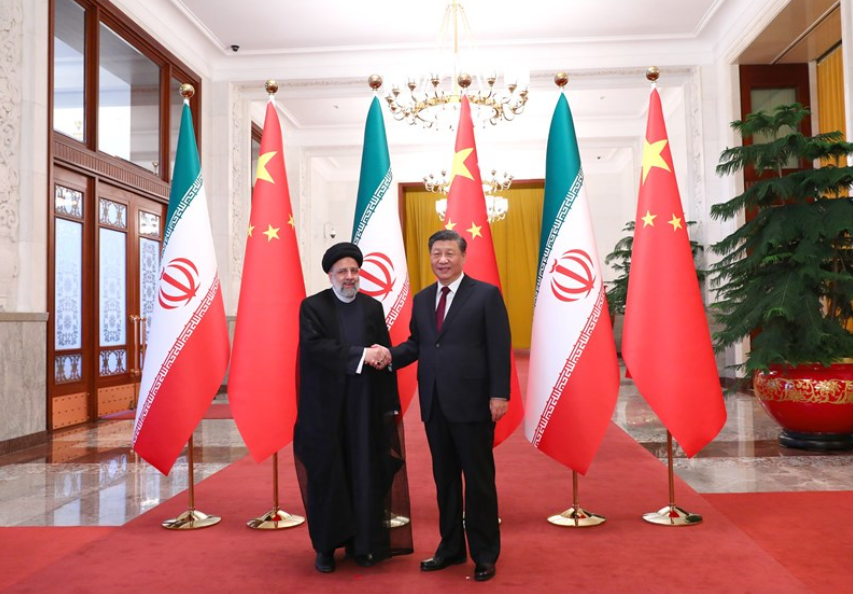
China's Taiwan Strategy is about Isolating the island and claiming the space around it for China
Aware of the cost of war experienced by Russia, China seems to have a different strategy for taking back Taiwan: it is about isolating the island and claiming the space around it for China.
China seems to be methodically increasing its preparedness to isolate Taiwan and subdue it without military invasion
China practiced maneuvers to encircle Taiwan during military exercises near
the island.
The military also conducted exercises to seize dominance at sea and in the
air.
This was announced by the command of the People's Liberation Army of China.
Meanwhile, the Taiwanese Defense Ministry said it had detected 71 Chinese
aircraft approaching the island as PLA military exercises were taking place
around the island. They will last until April 10th.








































































